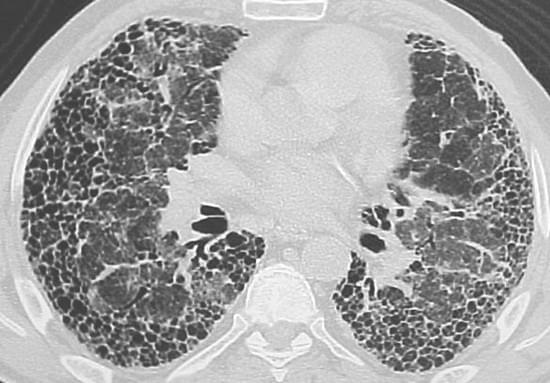Five options include natural, permanent sequestration, capture and use, direct air capture, and ocean sequestration.



The content of Peter’s email blast has been edited by me (can’t help myself). But I believe I have captured its essence and hope you enjoy the retelling. As always your comments are welcomed.
What is Insilico Medicine?
Insilico Medicine is a pioneering drug company that is powered by a “drug discovery engine” that sifts through millions of data samples to determine the signature biological characteristics of specific diseases. It then identifies the most promising treatment targets and uses a new AI technique called generative adversarial networks (GANs) to create molecules perfectly suited against them.







One of the greatest achievements of mankind is the International Space Station, which brings together astronauts from across the globe to cooperate on groundbreaking research. The International Space Station (ISS) will be decommissioned in 2024, following which a new generation of space stations will take its place. When more people are able to travel space, new political and economic conflicts will be inevitable.
Low-Earth orbit is becoming less important as NASA shifts its attention to transporting people to the moon and ultimately Mars. During this transition, the space agency plans to lease out space stations operated by private corporations for its astronauts to use. ISS will burn up and disintegrate in the atmosphere when the new stations are ready.
Anyone who wants to work in space at some time in the future will be forced to pick among a number of different locations. That implies that governments will not only be employing these new stations to improve their national space programs but also as lucrative economic endeavors, too.

SpaceX Starlink satellites twice approached the Chinese Space Station (CSS) in orbit, prompting China to warn of “close contacts” with Elon Musk’s space program.
Both the July 1 and October 21 incidents prompted the Chinese spacecraft to perform collision avoidance maneuvers. The Chinese team told the UN secretary-general in a diplomatic statement they provided earlier this month that on both occasions there were crew members on board, “which might represent a hazard to the lives or health of astronauts.”
Since its launch on April 29, the CSS “Tiangong” has maintained a nearly circular orbit at a height of around 390 kilometers with an orbital inclination of about 41.5 degrees.